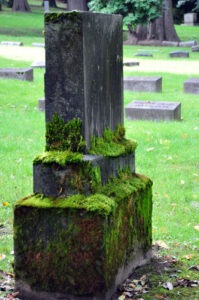
Under Massachusetts laws an individual or entity may have liability for someone’s death if they exhibited negligence, committed a willful or wanton act, or breached a warranty. A claim for damages may be pursued if, had the deceased lived, he or she would have been eligible to bring a personal injury action. Damages may be recovered in an act of tort by the executor or administrator on behalf of the estate.
Wrongful death actions have a statute of limitations of three years. Certain incidents do not allow actions of wrongful death—such as many accidents relating to railroads or streetcars—but may have other legal options. Claims of wrongful death are civil and would be separate from any associated criminal charges. Commonly awarded damages include amounts of expected lifetime earnings, loss of companionship and counsel, and expenses for a funeral and burial, among others.
Nontaxable Portions of Wrongful Death Settlements
- Compensation related to physical injury or illnesses are non-taxable proceeds. These funds are considered compensation for loss and not truly income.
- Costs of medical care, equipment, and medicines.
- Emotional stress and mental anguish are viewed as results of the injury, illness, or death in most cases.


Give us a call today to discover how we can assist you.
Taxable Portions of Wrongful Death Settlements
- Interest on settlements is usually taxable and reported on IRS-1040-8 “interest income.”
- Compensation relating to lost wages or profits.
- Punitive damages. These are awarded in cases where the defendant willfully acted in a manner to cause the death, which are less common than simple negligence without intent. These are taxable because they are intended to punish the defendant and serve as a deterrent, rather than be compensatory in nature.
The IRS suggests including a summary statement indicating the way funds in your settlement were allocated. Taxable amounts are reported on IRS 1040-21 “other income,” with the exception of interest. In some situations where recovery passes through the estate of the deceased, there may be applicable estate taxes based on Massachusetts law, which should be discussed with your attorney. These rules do apply regardless of whether the settlement award is received in a lump-sum payment or as a structured settlement spanning a period of time.
If you have lost a loved one and it appears that the incident was a result of someone’s negligence or careless behavior, you should contact an experienced Boston wrongful death lawyer. At DiBella Law Injury and Accident Lawyers, we represent clients in Massachusetts seeking financial retribution. Contact us today for a free consultation at (781) 262-3338.


We are committed to providing valuable information and resources to assist you.



